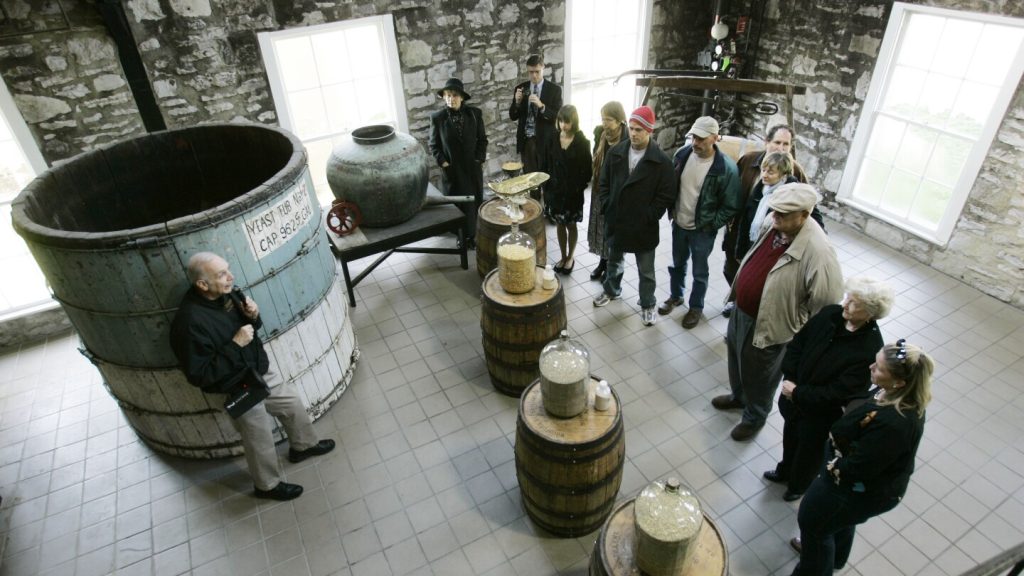Woodford Reserve, a prominent bourbon maker, was accused of undermining unionization efforts at its Kentucky distillery by offering pay raises, relaxing vacation policies, and giving out bottles of whiskey to workers before a vote on unionization. A federal judge ruled that these actions were timed to influence the outcome of the unionization vote and constituted unfair labor practices in violation of the National Labor Relations Act. The judge set aside the election results and ordered Woodford Reserve to recognize and bargain with a local Teamsters union.
Despite Woodford Reserve’s claims that the actions taken were for legitimate business reasons unrelated to the union campaign, the judge determined that the company engaged in unlawful interference with the election process. The company failed to prove that the pay raise, vacation policy change, and whiskey giveaway would have occurred in the absence of the union campaign. Brown-Forman, the parent company of Woodford Reserve, is reviewing the ruling and considering its next steps, including a possible appeal to the National Labor Relations Board.
This ruling marks the second administrative law judge bargaining order since the NLRB established a new framework for union elections last year. The decision was significant in the context of ongoing labor unrest in Kentucky’s bourbon industry, with strikes involving prominent producers such as Jim Beam, Four Roses, and Heaven Hill. The unionization effort at Woodford Reserve began in August 2022 with workers seeking higher wages, and the company’s actions prior to the election were seen as attempts to dissuade support for unionization.
The union responded to the company’s actions by filing an unfair labor practice charge, citing instances where employees expressed a shift in support for the union after receiving the pay raise and other benefits. The judge noted that the pay raise and other actions were likely intended to undermine the union organizing campaign. Woodford Reserve claimed the pay increase was due to worker retention and recruitment issues, while the changes to merit pay and vacation policies were attributed to a change in human resources leadership. The company defended the whiskey giveaways as routine morale boosters for meeting production goals.
The judge’s decision to set aside the election results and order recognition and bargaining with the local Teamsters union was applauded by union representatives, who viewed it as a clear example of unlawful interference in what should have been a fair election process. The hope is that this ruling will serve as a deterrent to other employers considering similar tactics to undermine unionization efforts. The case highlights the ongoing challenges faced by workers seeking to organize in industries where labor disputes have become increasingly common.


